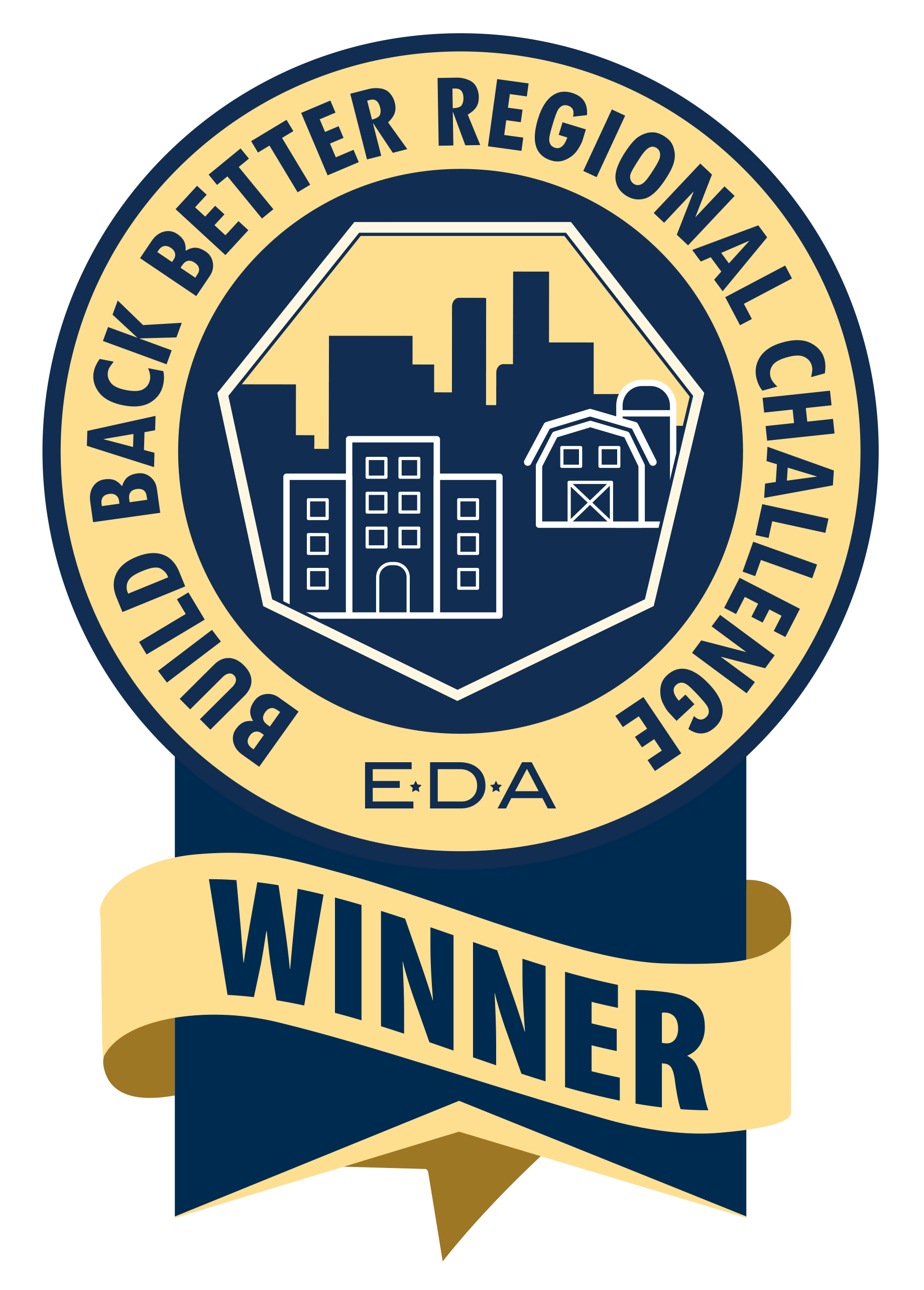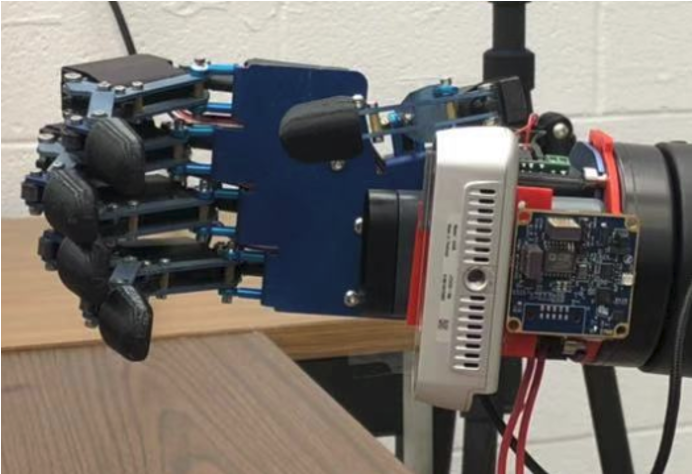
April 11, 2023
U.S. Commerce Secretary Raimondo, U.S. Sen. Moran, and Gov. Kelly Present in Roundtable
By WSU Strategic Initiatives
Governor Laura Kelly and Lieutenant Governor David Toland visited Wichita State University (WSU) with United States Secretary of Commerce Gina Raimondo and United States Senator Jerry Moran to tour the facilities and discuss essential investments and upgrades being made to infrastructure and high-speed internet access across Kansas.
KSN - https://www.ksn.com/news/politics/lawmakers-discuss-broadband-internet-access-at-wsus-niar/
KFDI - https://www.kfdi.com/2023/04/11/u-s-commerce-secretary-visits-wsu-with-moran-kelly/
Newsbreak - https://www.newsbreak.com/wichita-ks/2987944037266-u-s-secretary-of-commerce-visits-wichita
September 2, 2022
WSU Awarded $51 Million to Adavance Smart Manufacturing
By WSU Strategic Initiatives
The U.S. Department of Commerce’s Economic Development Administration (EDA) announced today will award $51.4 million to Wichita State University to aid in the rapid development and adoption of emerging smart manufacturing technologies for South Kansas.
The funding, provided through the American Rescue Plan Build Back Better Regional Challenge, is the largest single award the university has received from the EDA.
Press Release:
WBJ - https://www.bizjournals.com/wichita/news/2022/09/02/wsu-eda-grant.html
KSN - https://www.ksn.com/news/local/wsu-getting-51m-award/
KFDI - https://www.kfdi.com/2022/09/02/wsu-among-the-awardees-for-biden-admin-grants-totaling-1-billion/
Aviation Week - https://aviationweek.com/business-aviation/maintenance-training/wsu-receive-51m-boost-smart-manufacturing-south-kansas
April 12, 2022
WSU Engineering Team selected to participate in National I-Corps
By WSU Strategic Initiatives
A Wichita State University engineering team has been accepted to participate in the National Science Foundation (NSF) Innovation Corps (I-Corps) program.
The MagicHand team began the seven-week program, which is designed to provide a path to commercialization, in March. The team conducts research into robotic grasping, dexterous manipulation, and context perception. The team consists of Hui Li, engineering graduate student; Hongsheng He, assistant professor in the School of Computing; and Vis Madhavan, professor of Industrial and Manufacturing Engineering and founder of Fairmount Technologies LLC. Li serves as the entrepreneurial lead. Dr. He is the team’s academic lead and Madhavan is the team’s mentor – roles required by the NSF for all I-Corps projects.
The team proposed innovative perception and learning approaches as well as combinations of those with applications to manipulating unfamiliar, assorted, stacked, or deformable objects in an unstructured environment. Provisional patent applications for the innovation have been filed.
“The team is particularly grateful to the Shocker I-Corps program and director Sherry Whitson for the commercialization training, advising, and recommendation of the team to the NSF I-Corps program,” said Dr. He. “The dexterous MagicHand could be an enabling technology for packing and manipulation of irregular-shaped, unknown, or deformable objects for e-commerce and manufacturing industries.”
MagicHand participated in the Shocker I-Corps program, administered by WSU Strategic Initiatives in summer 2021. Wichita State University is a NSF I-Corps Site. The Shocker Innovation Corps nurtures and supports Wichita State entrepreneurial teams interested in transitioning their STEM ideas, devices, processes, or other intellectual activities into the marketplace in anticipation of profit. Ideas and projects can originate from student work, research (funded or unfunded) and institutional or industrial projects. The topical focus of a project must be in a STEM area.
About NSF Innovation Corps
The National Science Foundation I-Corps program prepares scientists and engineers to extend their focus beyond the university laboratory and accelerates the economic and societal benefits of NSF-funded, basic research projects that are ready to move toward commercialization. Through I-Corps, NSF grantees learn to identify valuable product opportunities that can emerge from academic research and gain skills in entrepreneurship through training in customer discovery and guidance from established entrepreneurs.
To find out more about the Shocker Innovation Corps Program, visit www.shockericorps.org.
About WSU Strategic Initiatives
WSU Strategic Initiatives empowers market-driven technology development, demonstration, and deployment by providing unparalleled access to WSU facilities, faculty, and students as problem solvers for business/industry, innovators, and students to explore, evaluate, customize, and implement new technology.
To find out more about WSU Strategic Initiatives, visit www.wichita.edu/strategiciniatitives
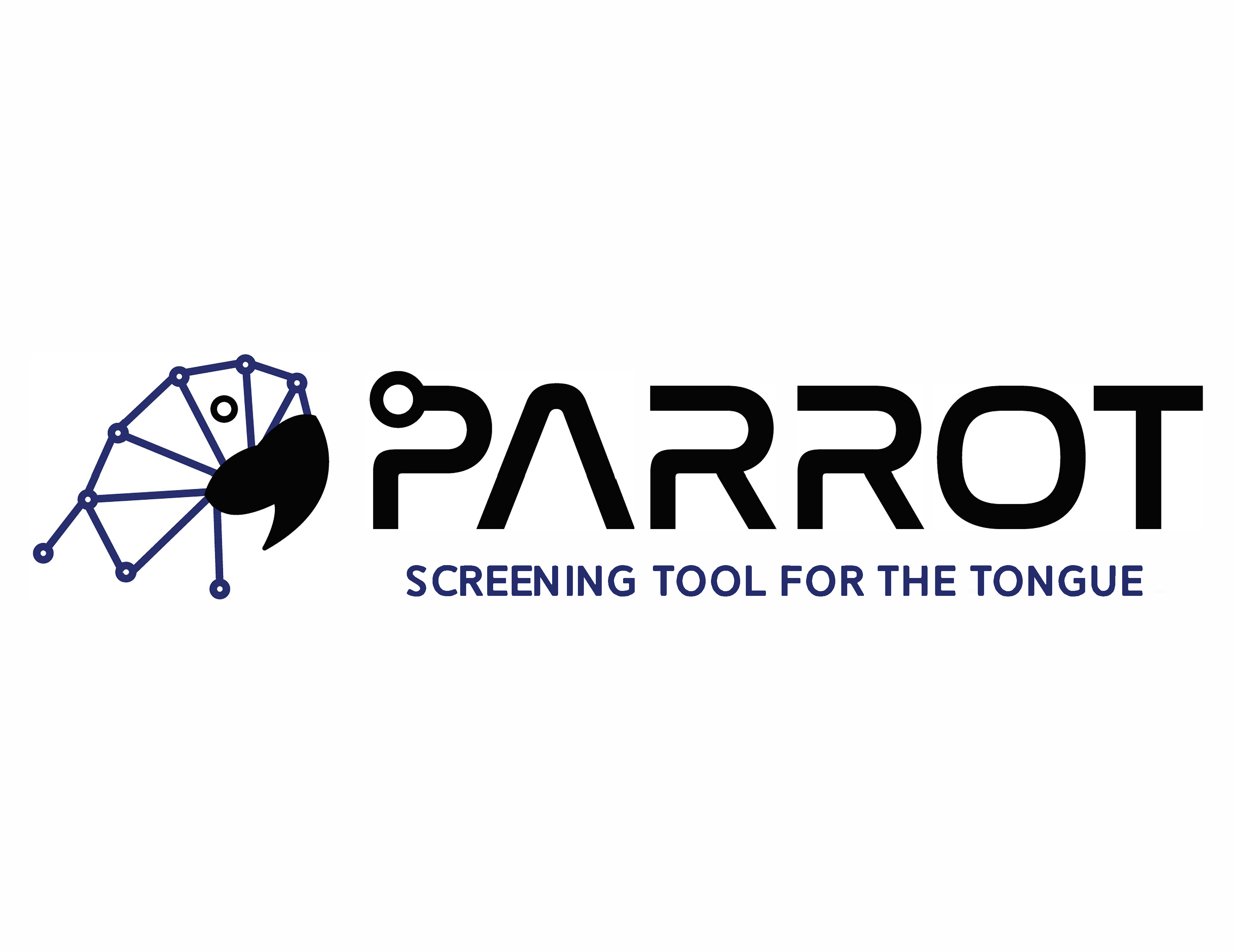
October 16, 2020
PARROT selected to participate in Regional Commercialization Program
By WSU Strategic Initiatives
A Wichita State University faculty/student-driven project aimed at helping those with orofacial myofunctional disorders has been accepted into the highly competitive Sustainable Heartland Accelerator Regional Partnership Hub (SHARPhub) program.
PARROT is a wireless and noninvasive lingual imaging and pressure mapping device that assists with screening lingual behaviors to identify orofacial myofunctional disorders.
SHARPhub provides resources and assistance to help turn early-stage life sciences technologies into viable startup companies through collaboration with partners in Kansas, Nebraska, Oklahoma, North Dakota, and South Dakota.
“We feel very honored and fortunate to be accepted into the SHARPhub program, said PARROT inventor Heidi Bell. “They know what they’re doing and understand the process, which is a blessing for PARROT because it strengthens the SBIR grant we will be submitting. I know it is difficult to secure an SBIR grant, and having SHARPhub there to guide and mentor us… to submit the strongest proposal that we can is all I can ask for. I thank them in advance that they recognized our product was worth helping.”
PARROT has been a part of both the National Science Foundation Shocker I-Corps Program and the National I-Corps Program. According to Bell, participating in the Shocker I-Corps Program allowed the PARROT team to identify and understand their target market. Because of this, the project drew international attention; and in 2018 Bell traveled to Rome to present at the Academy of Applied Myofunctional Sciences (AAMS) Annual Congress.
Bell said the team is grateful for the opportunity to have participated in the I-Corps programs. It allowed the team to determine how robust the product needed to be, and gain the knowledge to identify and fill in additional product development gaps.
I-Corps is a launching pad for the SBIR grant, and as Bell’s team researched various grant announcements, it became apparent that one from the National Institute of Health focused on orofacial devices and was a perfect fit. If the team is able to secure a Phase 1 grant through iNOv8v Health Technologies, LLC., a start-up company that Dr.’s Heidi Bell, Jeremy Patterson and Michael Jorgensen launched in 2013, they can complete additional feasibility studies and pursue a Phase 2 SBIR grant to begin prototype testing and seek FDA approval.
“Whether it is a student, faculty or staff member, the university’s E-Launch and site I-Corps programs are great first stepping stones to allow you to understand the best market for your technology,” said Bell. Continuing, Bell stated, “More researchers need to take the time to really understand the true significance of their inventions and if there really is a market for it”.
To find out more about the Shocker Innovation Corps Program, visit www.shockericorps.org.
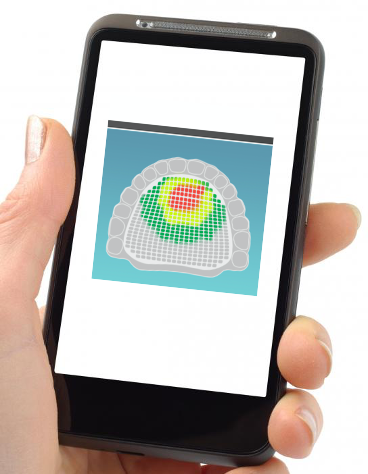
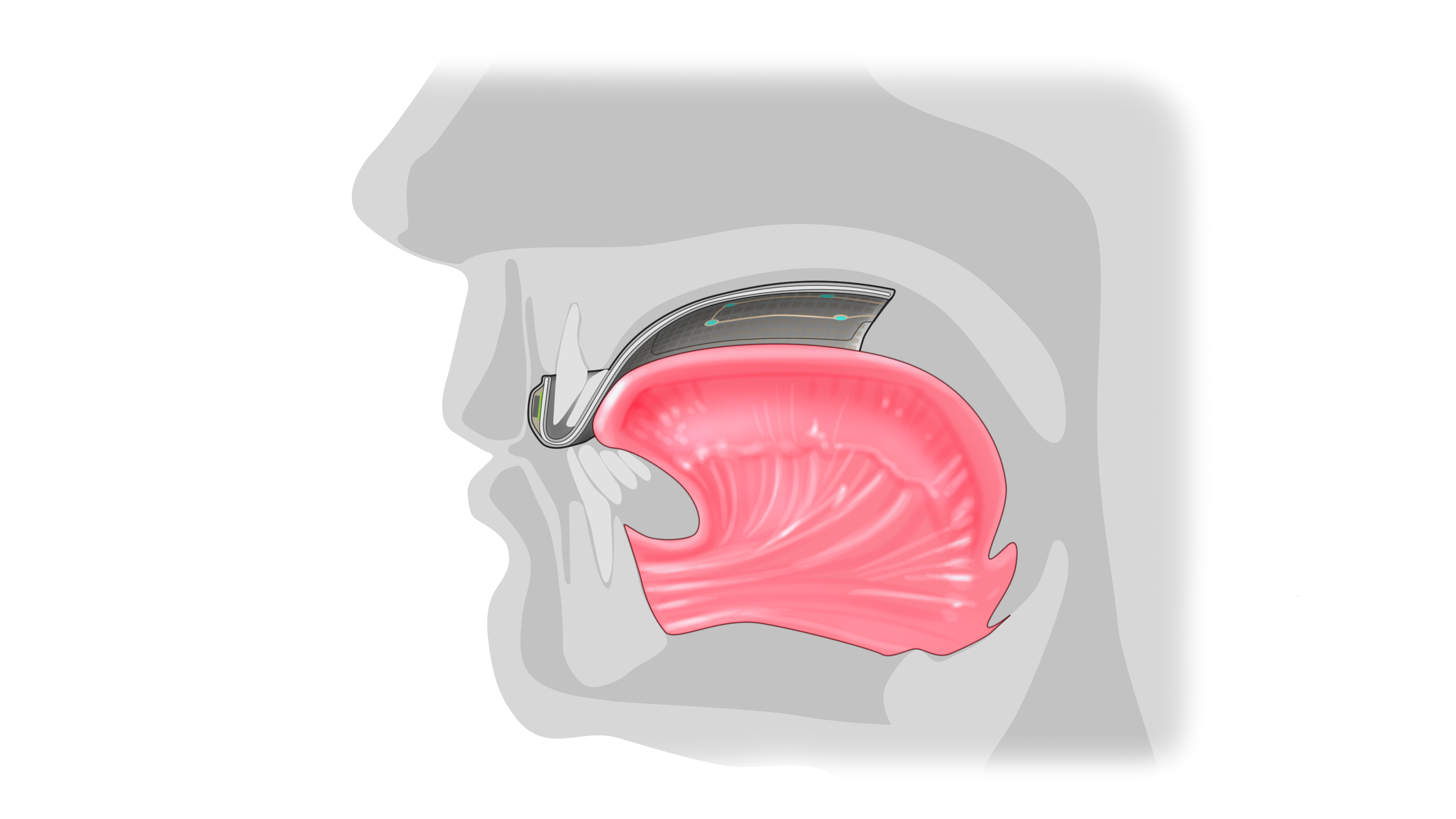
July 24, 2020
Wichita State team receives $1 million NSF award for navigation app that aids the visually impaired
By WSU Strategic Initiatives
Vinod Namboodiri, Wichita State University professor of electrical engineering and computer science, Nils Hakansson, professor of biomedical engineering, and a team of researchers from Kansas State University, Texas A&M, the Envision Research Institute and the City of Wichita recently received a three-year, $1.1 million grant from the National Science Foundation (NSF).
The award will fund the development of a navigation app to assist the blind and visually impaired. CityGuide, funded in part by the Shocker Innovation Corps, offers auxiliary location-based services by using wireless devices known as beacons to create a way for the blind or visually impaired to navigate inside buildings and outdoors – anywhere that GPS is not available for navigation.
“It is kind of a grand vision in some sense,” Naboodiri said, “but it was motivated by people with disabilities who actually face more challenges with some of these situations.”
The initial idea for CityGuide started in 2017. As he began to develop first phases of the concept, Namboodiri applied for a planning grant from NSF and received the initial funding to create a team to conduct testing and research.
“It took a while and required a lot of preliminary work,” he said. “It requires showing that you have the right team. We built a collaborative group of people who are interested and conducted seminars on accessibility and assistive technology. It required a broad effort – not just on the technical side, but with bringing the community together.”
Since 2017, the team has increased its knowledge on the needs of the visually impaired has come up with different features that would be helpful to develop in the app. For example, they are working with the City of Wichita to include features such as navigation to bus stops and notifications on when the next transit will arrive. The app will also assist during tornado and fire drills, helping the user find the best route to exit the building.
The team participated in the Shocker Innovation Corps program at Wichita State and believes the market and user information gained from the experience assisted them in receiving NSF funding.
“Getting seed funding is the challenge for most research,” Namboodiri said. “Many times fundamental research ends up sitting in the lab. Somebody does it and then it dies there. NSF helped with some funding with planning grant to get the technical side moving while Shocker I-Corps allowed us to strategize the best way to get CityGuide to the market, creating a powerful 1-2 punch. The Shocker I-Corps program was really useful. It gave us the confidence to push a bit more.”
To find out more about the Shocker Innovation Corps Program, visit www.shockericorps.org.
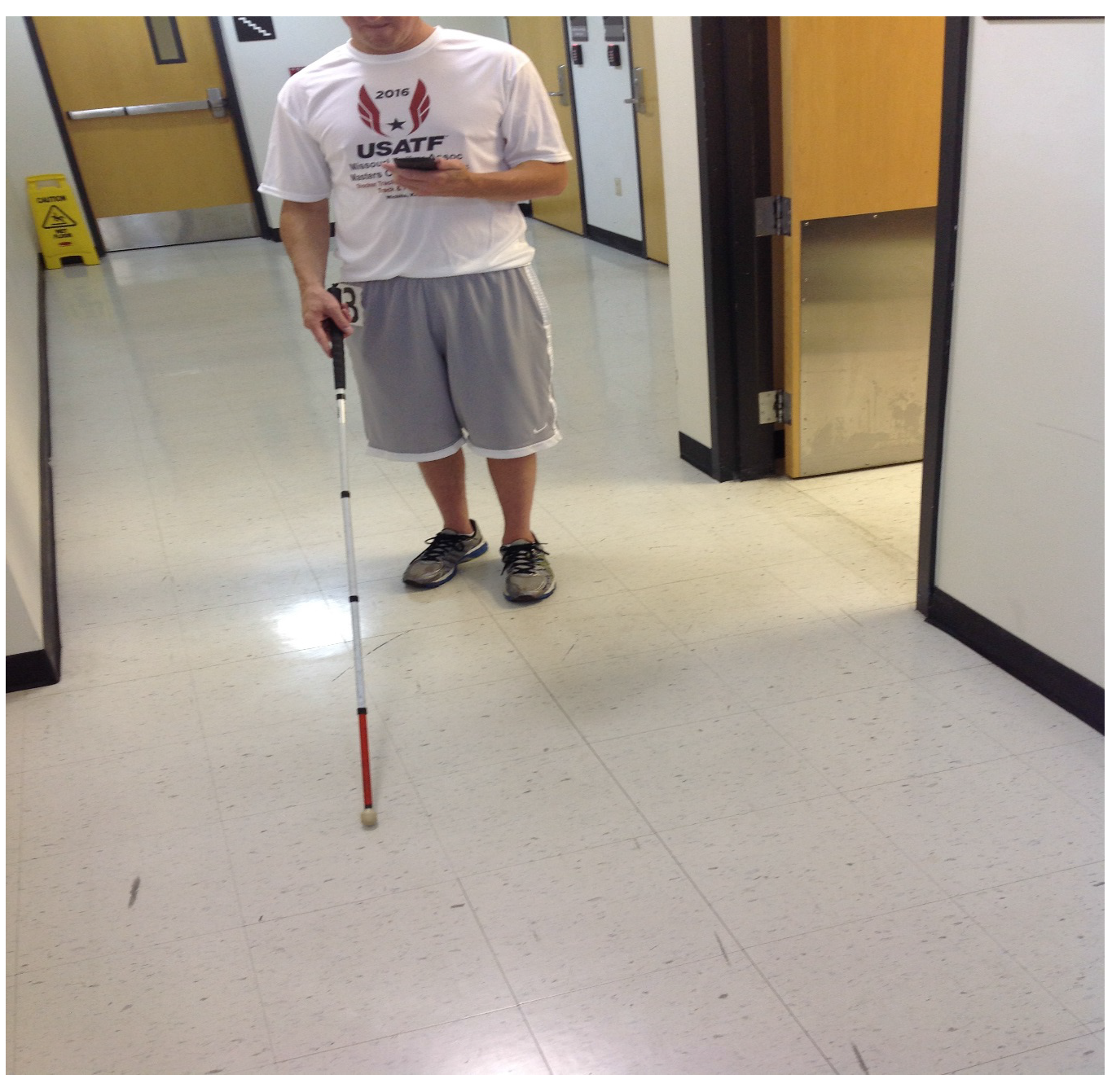
User utilizing the CityGuide application
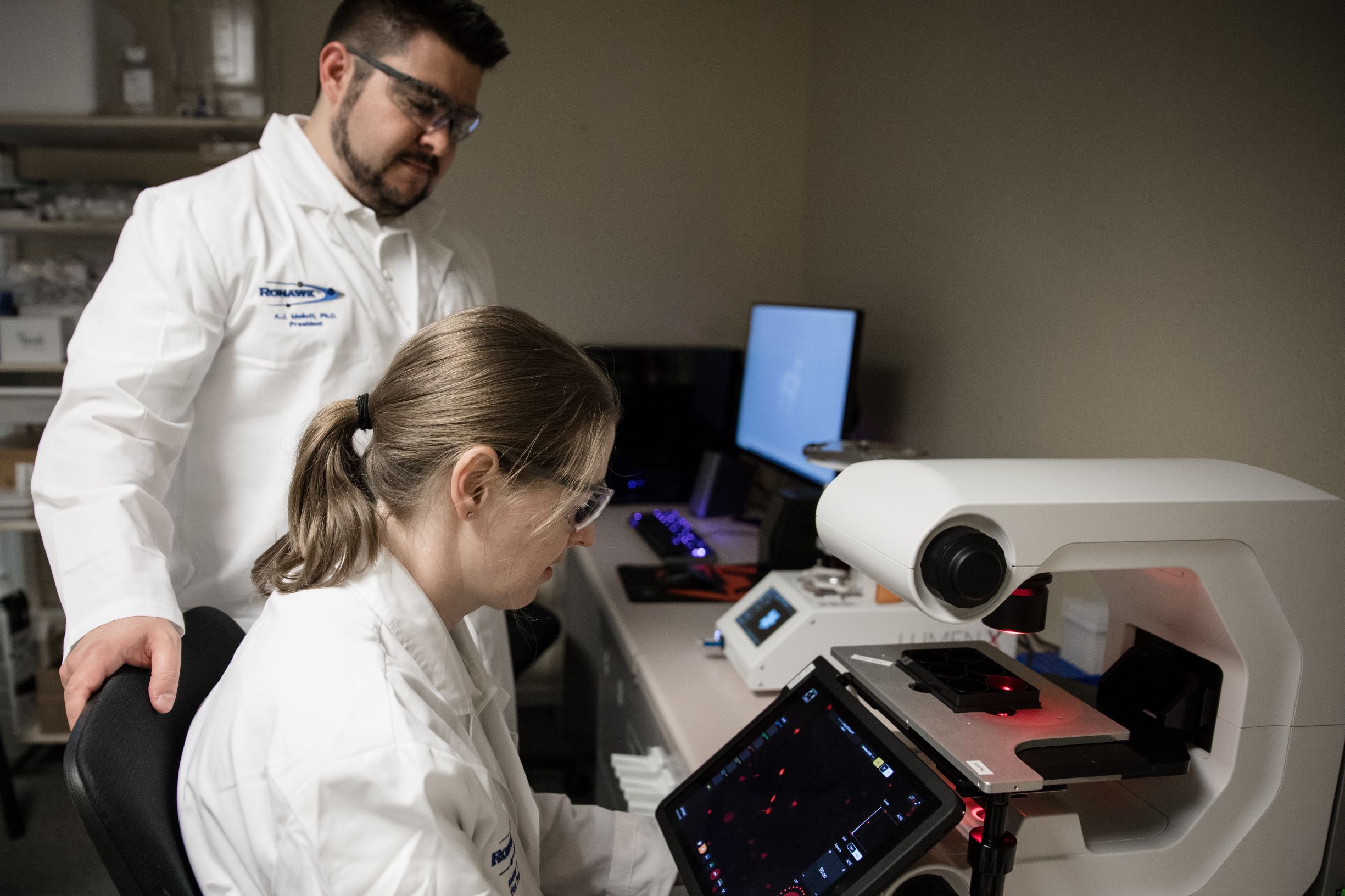 A.J. Mellott (left) and Heather Decker created T-Blocks, a refined way to produce
cells.
A.J. Mellott (left) and Heather Decker created T-Blocks, a refined way to produce
cells.
June 01, 2020
NSF I-Corps program at Wichita State helps launch Kansas City biotechnology startup
By WSU Strategic Initiatives
A Kansas City biotechnology startup company is getting a boost thanks to Wichita State University’s National Science Foundation (NSF) Shocker Innovation Corps (I-Corps) program.
T-Blocks are changing the way primary stem cells are grown. The technology, owned by the Kansas City-based startup, Ronawk LLC and co-founders A.J. Mellott and Heather Decker, is conducting extensive research on stem cells at the University of Kansas Medical Center.
The team participated in last summer’s Shocker Innovation Corps program and went through the required E-Launch training associated with it.
“We established a company in February 2019, but we weren’t the most organized,” said Mellott, Ronawk president. “One of the things that several colleagues recommended to us is to get involved with the NSF’s I-Corps program. We were in for a pleasant surprise when we discovered how incredibly useful the program was to us.”
“Going through the I-Corps program has accelerated our development and progression and our ability to engage with other resources and other programs that are out there to help entrepreneurs,” said Mellott.
The T-Blocks concept, which could reinvent stem cell biotech, was discovered four years ago. The technology creates a 3-dimensional environment, while maintaining stem cell characteristics of the cell population outside of the body, to rapidly increase the expansion of stem cells. The T-blocks reduce the current work hours by 85 percent. For every T-block unit, they can grow up to 300 million cells. These cells can then be used for early-stage diagnostics or in repairing injured tissues.
Since taking part in the program, the Ronawk team has been busy attending trade shows, participating in additional startup programs, and securing funding. They will soon be moving into their very own lab.
“This is a huge milestone for us,” said Mellott. “In a little over a year, we went from a concept in a little office to a full-blown lab.”
“A.J. and I are scientists at heart, so being able to have a lab allows us to continue a lot of the research and development,” said Decker.
Ronawk LLC plans to move into their new facility in Kansas City next month.
The Ronawk LLC team applied for the Shocker Innovation Corps Program in 2019 and received $2,150 in seed funding to develop their prototype and to research customer discovery. Even though the team was not created at Wichita State, Ronawk LLC were still eligible to participate and receive the funding, as well as, entrepreneurial training and resources that Wichita State has to offer.
“The program is outstanding. I don’t care if entrepreneurs are from Kansas City or western Kansas on the border by Colorado, we strongly recommend this program to anyone in Kansas and anyone who is eligible. It is an excellent program.” said Mellott.
To find out more about the Shocker Innovation Corps Program, visit www.shockericorps.org.


